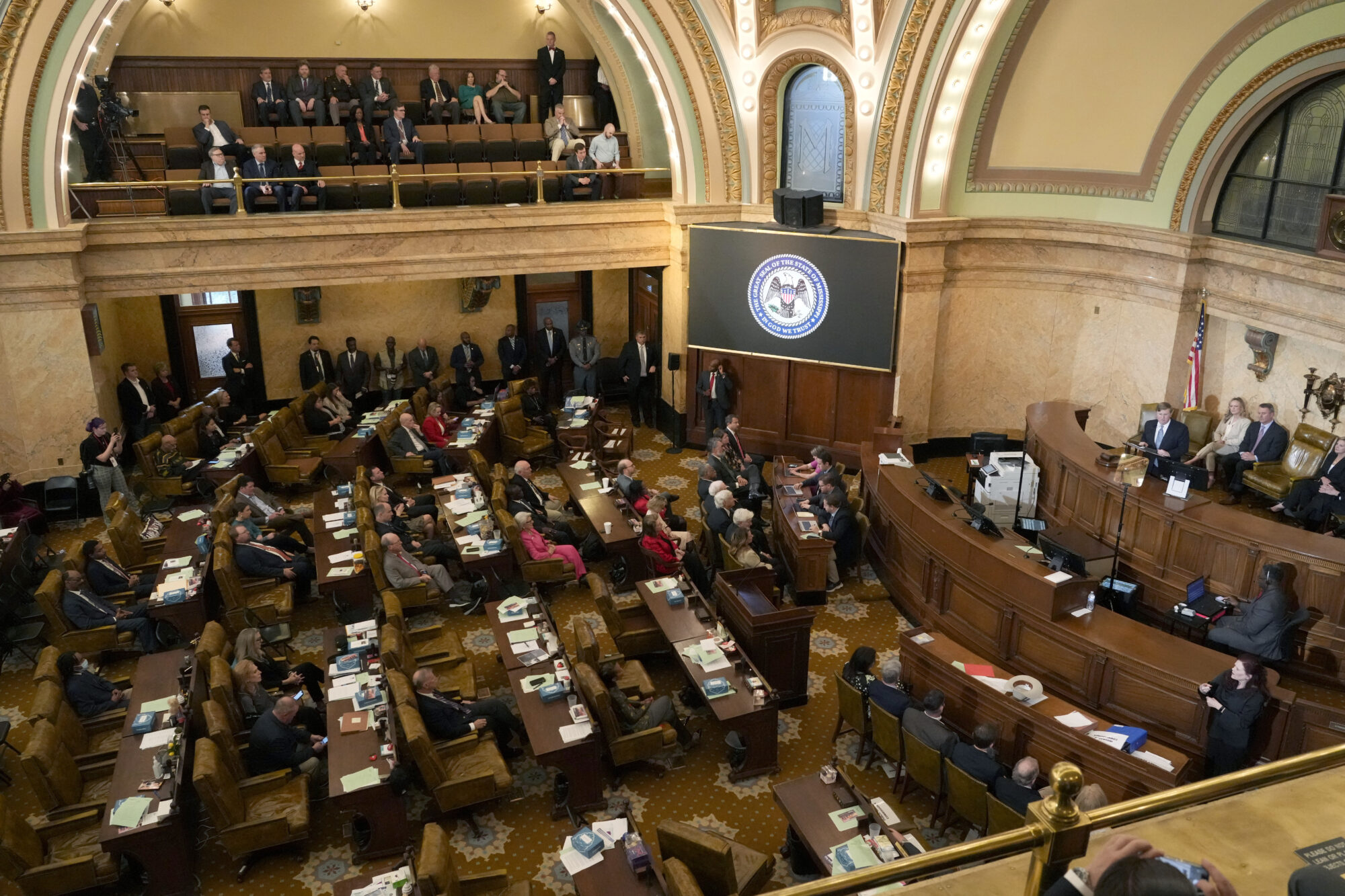By Sen. Roger Wicker
http://wicker.senate.gov
A half-century ago this week, NASA announced it would establish a rocket testing facility in Hancock County. America had a big dream – to put the first man on the moon – and Mississippi would be part of it.
That announcement, on Oct. 25, 1961, came exactly five months after President John F. Kennedy told the nation we would reach the moon within the decade. Since then, Stennis Space Center has played a pivotal role in making America a leader in aerospace technology and space exploration. More than 2,000 tests on space shuttle main engines have been conducted there.
What began as a test facility for the Apollo program is now the country’s largest rocket-engine test complex and a vibrant center of economic growth. For 50 years, countless men and women have contributed to the space center’s outstanding legacy and continue to inspire America’s next generation of scientists and engineers.
Celebrating the progress at Stennis comes with a great deal of gratitude. We cannot forget the sacrifice of the 660 families in Hancock County who relocated so our country could pursue its space dreams. In doing so, these families paved the way for today’s 13,800-acre site of more than 30 governmental, academic, and private organizations.
The benefits to our state have been enormous. Generations of families have built their careers at Stennis, which keeps thousands of Mississippians employed. A study done last year estimated that the space center’s 2010 operations accounted for almost 23,000 jobs and more than $100 million in local tax revenue. Last year, Stennis had an economic impact of $875 million globally and $616 million within a 50-mile radius.
Diverse resources and strong private-sector partnerships have already put Stennis at the frontlines of innovation and made it competitive for the 21stcentury. The center has moved far beyond its founding space mission with innovative research, education, and technology projects.
Because of Stennis, Mississippi is home to the largest concentration of oceanographers in the world as well as the U.S. Navy’s most powerful supercomputer. During the Deepwater Horizon oil spill, Stennis experts were part of the response team monitoring the oil’s spread and effect on coastal ecosystems. The center’s ability to support the state and to evolve with the changing demands of varied industries has primed it for continued success.
America closed a remarkable chapter this summer with the historic final flight of Atlantis and the retirement of the U.S. Space Shuttle program. Many feared it marked the end of America’s stature as a space leader, yet groundbreaking work at Stennis is still going strong.
Testing is underway on rocket engines for NASA’s new Space Launch System – expected to be the most powerful rocket in the world and a vehicle for sending astronauts to Mars. The completion of the A-3 Test Stand, which is set to be activated in 2013, will make sure that the next fleet of spacecraft is ready for the journey into deep space.
Stennis Director Patrick Scheuermann predicts, “Some of the folks in elementary school now will be inspired to be one of the astronauts that will set foot on Mars with engines that are fired here at Stennis Space Center.”
The dreams of our country’s future pioneers are already on the horizon.







